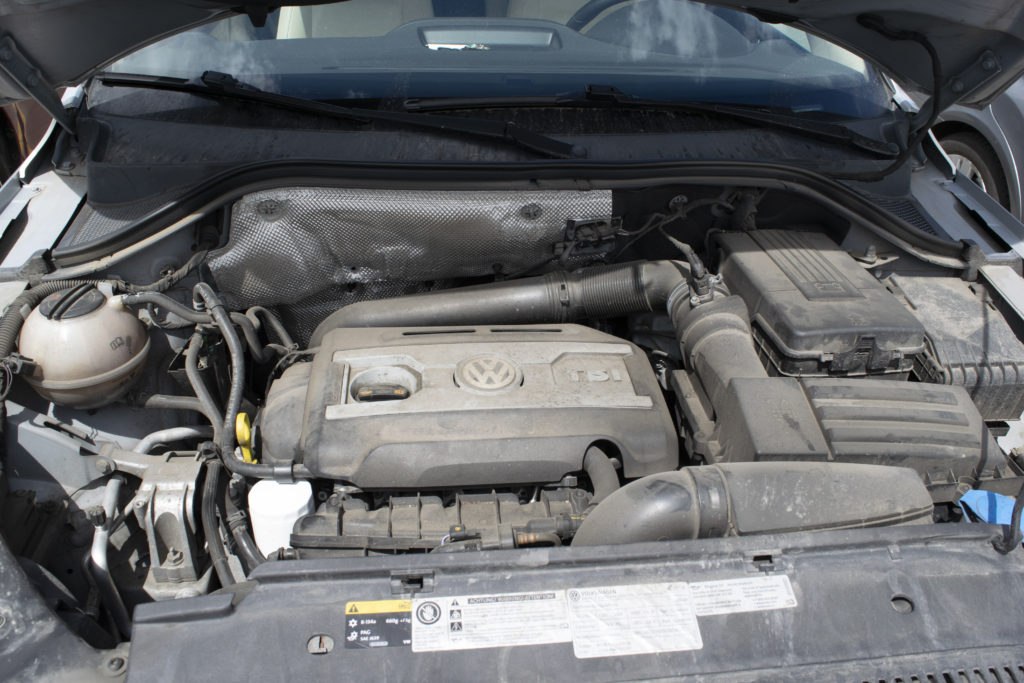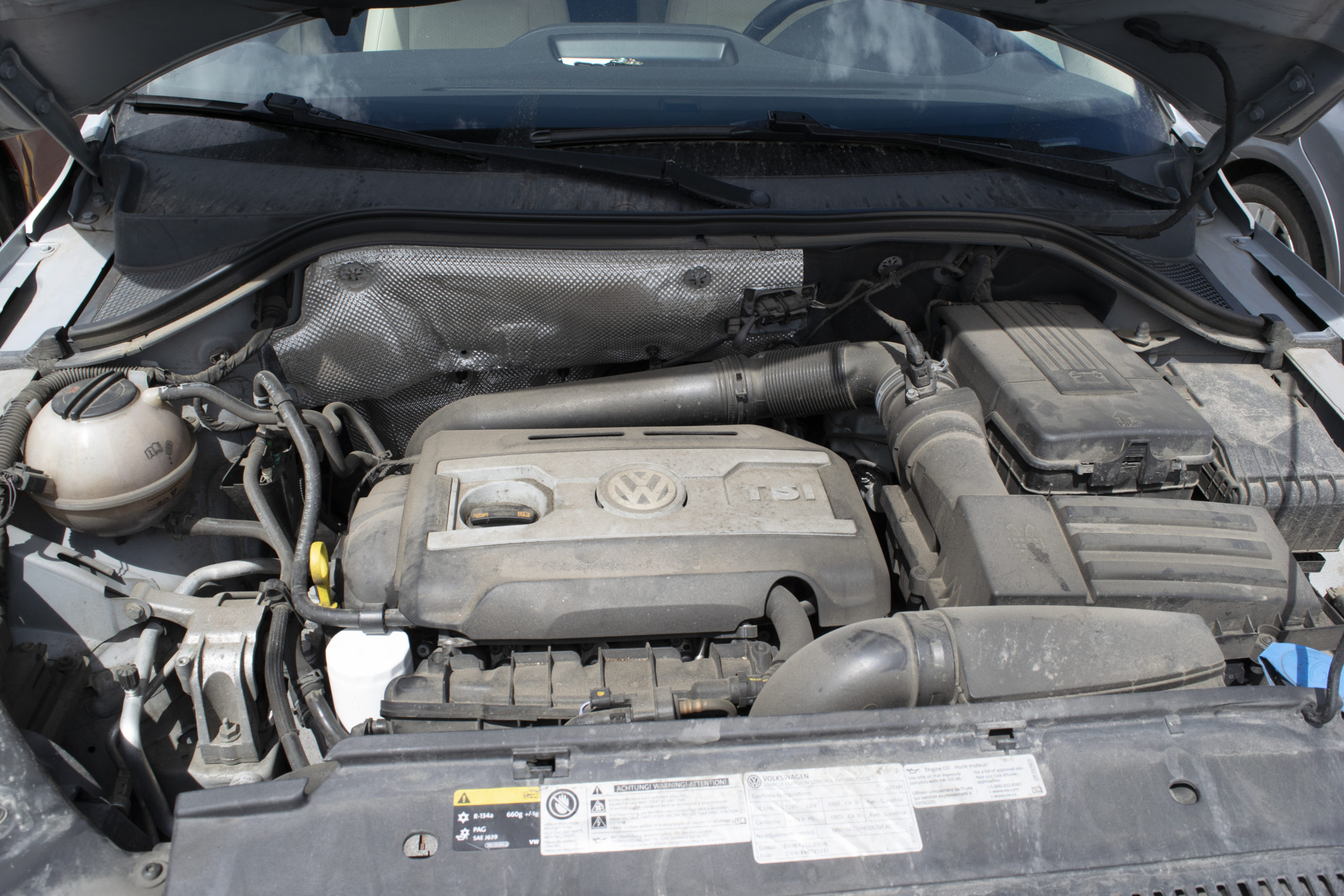
Maintaining your vehicle can be a lot to keep up with, but the life of your car can be extended if you do. SFCC campus security director Kenneth DeMello said that according to records, “Total Student Annual Permit sales for SFCC (which are good for the Spring quarter) – 388.
Total Student Spring Permit sales for SFCC – 628.”
This means that a lot of our students own or drive vehicles to school every day. Without reliable transportation, students who don’t live nearby could be stuck and stranded.
Transitioning from Winter to Spring and then to Summer means temperature changes for us, but what does that mean for our cars?
“When planning for your summer road trips, make sure your vehicle is safe and in good working condition,” said Kelly Just, AAA Washington Spokesperson. “The last thing you want on your summer road trip is to be broken down on the side of the road or stuck with expensive repair costs.”
When moving into Winter, it is recommended that you change out your regular tires for winter tires. Even if you don’t live in the snow, if you live somewhere that gets 45 degrees or below, you’ll want some. Replacing your windshield wiper blades can also be important especially if you live where it rains and/or snows.
As far as Summer goes, there are a number of things you should check and keep an eye on in order to preserve your car’s life. Be sure to keep all of your car’s fluids at appropriate levels, make sure the battery is prepared for hotter temperatures and keep the engine at an overall cool temperature.
If you live in a very warm climate with 100 degrees or more, a car could overwork the coolant tank. That strain can cause it to create cracks and have leaks. Adding water to the coolant tank to try and keep the vehicle from overheating can help, but it does call for many stops during a drive. Taking off the cap can be extremely dangerous if you don’t let it cool down first. Be careful and consult with professionals before attempting any at home work.

